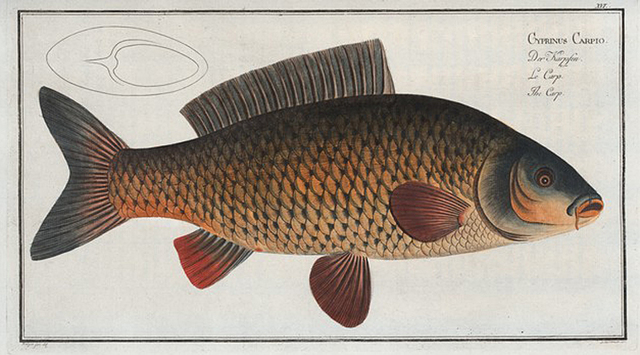News release
From:
Bold-shy personality traits of globally invasive, native and hatchery-reared fish
The bold, and not-so-beautiful. Carp are considered one of the world's most destructive invasive species. Their global spread is often attributed to their fast pace-of-life. New research shows that they not only have a fast life-history, but they also have bold personalities. Their ability to boldly explore new environments and rapidly escape predators may have facilitated their global invasion success in places like Australia where they now dominate many waterways. These bold personalities contrast with wild native fish like Australia's Murray cod which show "shy-type" personalities. Interestingly, ‘bold-type’ behaviours of hatchery-reared native cod were more like invasive carp than they were to ‘shy-type’ wild individuals.



 Australia; NSW; NT
Australia; NSW; NT



